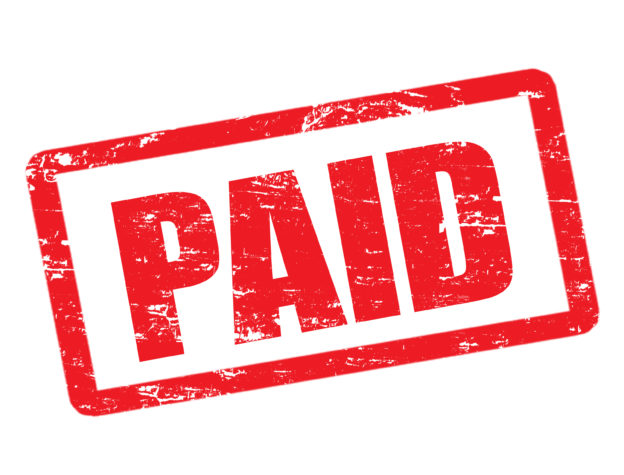
Brad Cave
By Brad Cave
Workers want to get paid, and the U.S. Department of Labor (DOL) is offering a new way to help make sure they do. The DOL’s Wage and Hour Division (WHD) recently launched the Payroll Audit Independent Determination (PAID) program to help resolve potential minimum wage and overtime disputes without litigation. With a healthy bit of skepticism, employers and their counsel may want to explore this new avenue to resolve inadvertent wage violations.
Wage and hour claims are difficult to resolve because the Fair Labor Standards Act (FLSA) states that an employee cannot waive or release his FLSA rights to minimum wages or overtime through an agreement with the employer, unless it is part of a court-approved or DOL-supervised settlement. Most employers are understandably reluctant to involve the DOL in resolving wage and hour errors because the agency may decide to take other enforcement actions, and nobody wants to be sued for trying to informally resolve the problem directly with your employees, only to have them reject your offer and hire a lawyer. The PAID program may give employers a viable third option for getting into compliance and resolving any outstanding liability to employees.
Here’s a look at the pilot program and its potential benefits and pitfalls.
FLSA-Covered Employers May Participate
The PAID program is open to all employers covered by the FLSA that want to attempt to resolve wage issues quickly and without having to defend claims in court. To participate, an employer must review WHD’s compliance materials (available on its website) and conduct a self-audit of its compensation practices. If the employer discovers any issues, it must specify the potential violations to WHD, identify affected employees and the time periods involved, and calculate the amount of back wages it would owe each employee.
The WHD will evaluate the information provided, contact the employer to seek any additional information needed, and confirm any back wages that are due. The agency then will issue a summary of unpaid wages. It also will provide forms describing settlement terms for each affected employee.
The settlement forms will include a release of claims, limited to the potential violations for which the employer will pay back wages. Each employee must sign a settlement form in order to receive any back pay owed. The employer then will pay the back wages directly to each employee no later than the end of the next full pay period after it receives the summary of unpaid wages. The employer must send proof of payment to the WHD.
Wage Violations Covered By PAID Program
The WHD intends that the PAID program will be used to resolve potential FLSA violations related to overtime and minimum wages. For example, the agency suggests that failure to pay overtime at one-and-one-half times the regular rate of pay, “off-the-clock” work, and misclassification of exempt employees may be appropriate topics for resolution through the program.
Importantly, the PAID program cannot be used if an employer is already facing a WHD investigation for payroll practices, the employer has already been sued, or an attorney or union acting on behalf of employees has threatened a lawsuit or demanded a settlement.
Potential Benefits and Pitfalls of Program
The PAID program will require employers with identified wage violations to pay all back wages due, but the WHD will not assess liquidated damages or civil monetary penalties. As a result, the process can help employers avoid costly litigation. The lack of penalties and litigation fees can be a substantial incentive to take advantage of the pilot program.
On the other hand, settlements with employees who are owed back wages will be limited to the wage issues resolved through the PAID program. That suggests that employees are free to assert additional FLSA violations not addressed through the program as well as state-level wage and hour issues at a later date or in a different forum.
In addition, the program requires participating employers to agree to correct their problematic pay practices at issue going forward. That leaves the door open to potential follow-up by the WHD down the road. Moreover, there do not appear to be any assurances that the WHD will not investigate wider payroll issues at participating companies once it has been alerted to potential self-identified noncompliance. That means the wage violations resolved through the PAID program may be used against an employer should any future FLSA violations be discovered or litigated, resulting in potential willful violations.
Approach Program With Caution
The pilot program will be implemented for approximately six months. The WHD then will evaluate the program and consider future options. For most employers, conducting a self-audit of payroll practices can be worthwhile and may help eliminate potential liability for violations going forward. However, because troublesome details of the program remain unknown, employers should use caution when deciding to utilize this WHD-facilitated resolution process.

